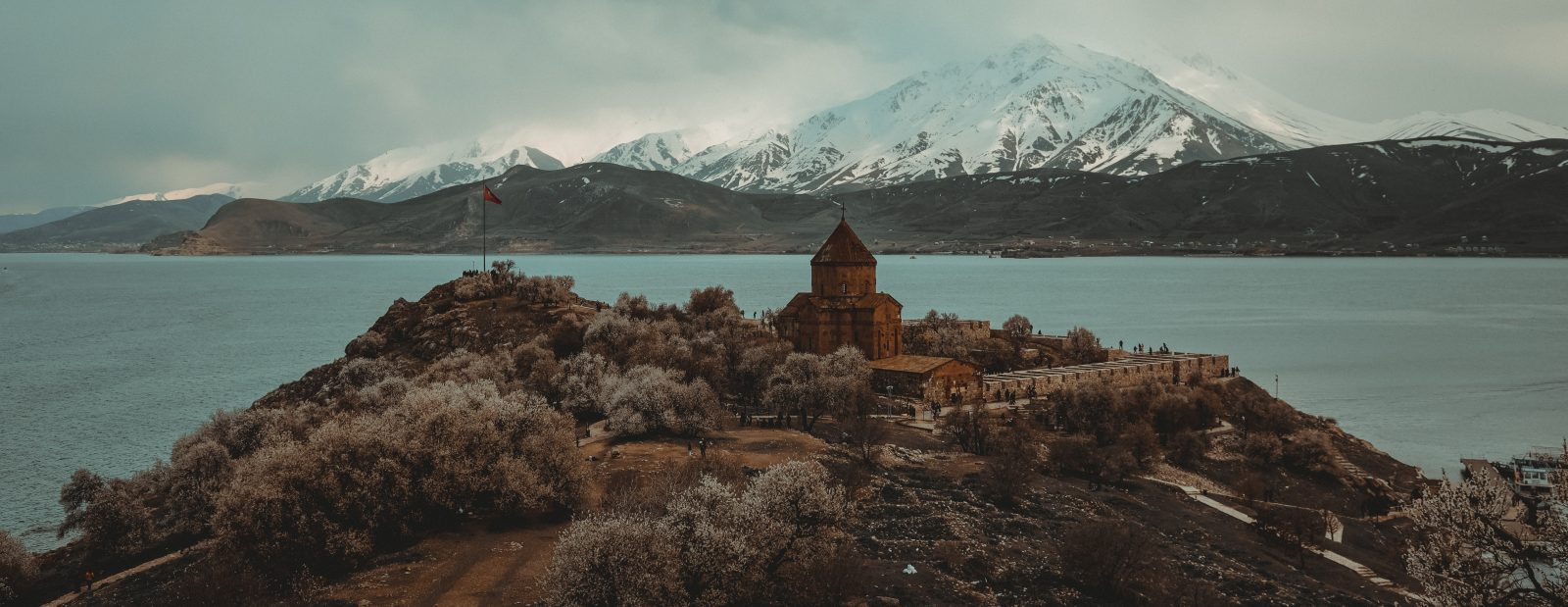Although the ongoing political debates on the international recognition of the 1915 deportations of Armenians as genocide and the long-lasting Nagorno-Karabagh conflict and the recent war between Azerbaijan and Armenia over the region get a lot of attention, is it possible to explain the widespread negative descriptions of Armenians by the political class as well as the majority population in Turkey by references to these two issues? While academic studies on non-Muslim minorities in Turkey has thus far focused on the state’s ill-treatment of these communities historically and how the discrepancy between their official status as citizens and rights afforded to them legally as minorities and the discriminatory and exclusionary practices of the state and society towards them shaped their lives, a systematic analysis is required to construct a theory of negative perceptions of Armenians that would be valid across the different periods of Turkish political history. A recent study (Nefes 2021a) sets out to do this.
The negative perceptions of Armenians require an explanation of how it has been perpetuated to such a degree that Armenian identity not only was constructed as the “other” of Turkish national identity during the founding years but also how this was maintained and even strengthened throughout the history of the Republic despite changes in the domestic and international political context. Drawing from the insights of “groups position theory” which explains inter-group hostility by the dominant group’s threat perceptions towards outsiders, Nefes’ research seeks to explain the factors underlying the continuation of negative descriptions of Armenians in Turkey by the political elites. While the aforementioned literature on Turkish nationalism and identity politics has already identified the non-Muslim minorities’ classification as “outsiders-fifth column” and the predominance of the Sevres syndrome, which refers to the threat perception of dismemberment of Turkey by foreign countries and their domestic allies, that feed into the state’s security-orientation of Turkish politics, analyzing the parliamentary speeches that include the word “Armenian” across three periods; 1946-1960, 1960-1980, and lastly 1980-2018 has enabled Nefes to show the consistent correlation between the security threat perceptions of politicians and their negative descriptions of Armenians in their speeches at the Turkish General Assembly.
Although each period is marked by differences in the constitutional and political domestic context and changes in the international system, what is constant across them is that Armenians are negatively described and perceived as enemies when the debates in parliament are on security issues and foreign relations. While this finding is not so surprising by itself, Nefes’ work (2021a, 2021b) has tapped into underused data in the literature, parliamentary speeches across a long-time span using an original and rigorous methodology, quantitative and qualitative content analysis which enables him to discuss both negative and non-negative descriptions and their relationship to debate topics. Comparison of the different periods reveals very intriguing points. One striking point is that with each period, negative descriptions of Armenian(s) increase relative to the neutral ones. While only 40% of the speeches during the 1946-1960 period are negative, it increases to 70% from 1960 to 1980. While during the 1946-1960 period, the Armenian minority is deemed as an enemy when security issues are at stake and contributions of individual Armenians to society are appreciated, during the 1960-1980 period, politicians have started to make a distinction between loyal Armenian citizens and the hostile diaspora. His interpretation of the existence of this differentiation is that security and diplomatic threat perceptions of politicians trigger their negative perceptions of Armenians rather than an underlying prejudice surfacing. While this may be true for the political class, I think the nuance between domestic and external Armenians has been losing its significance at the social level as the Armenian population has dwindled and/or hidden. It seems that the perception of Armenians as an enemy community has become stronger over the years relative to the praises of individual Armenians.
Another important finding from these studies shows that while until 1980, the ideological orientation of parliamentarians does not influence their perceptions of Armenians, in the post-1980 military coup period, those from right-wing political parties are more likely to hold negative views than the rest. Furthermore, the negative descriptions of Armenians have increased to almost 90% when the security threats in international affairs were debated, which included the Karabagh conflict, Armenian genocide debate and relations with Armenia. While the percentage of negative descriptions decreases when national affairs are discussed, the relatively large number of non-negative descriptions I think are probably speeches that corresponded to the period when Turkey’s European Union accession process was most active. It would be useful to see the yearly breakdown of the speeches to find out more on this point.
References
Nefes, T. S. (2021a) The relationship between perceived security threats and negative descriptions of Armenians in Turkish politics (1946–1960). Nationalities Papers, 1-15.
Nefes, T. S. (2021b) Explaining negative descriptions of Armenians in Turkish Parliamentary Speeches (1960-1980) via group position theory. Quality & Quantity
Fotoğraf: https://unsplash.com/@onurbinay

